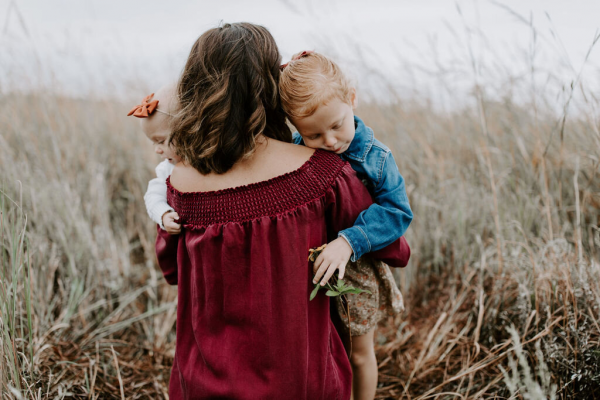My son Leo, 8, like many children his age, is starting to take an interest in what is going on in the world. With two older and very curious sisters, he often hears bits of conversations which, put together, can surprise many of us!
- Dad, is it true that Donald Trump made a virus and that we could all die?
- No sweetie, Donald Trump and the coronavirus have nothing to do with each other. One is the President of the United States and the other is a virus that we first saw in China and is now present in other countries.
- Will the virus kill us?
- Kill us? No. I'll explain how a virus works…
There are indeed many stories circulating about the coronavirus, or COVID-19. We adults already have a hard time separating good information from bad, so imagine what it’s like for a child!
So, how do you tell your child about the coronavirus? Here are a few tips that have helped us.
Reassure them: It's the basics, the first thing to do. We tell them that, whatever happens, we will be there to protect them. Children must understand that their parents will always be there for them until they are old enough to meet their own needs. Once they are reassured, children can develop a feeling of competence in dealing with the situation.
Give them information based on their age: In the case of the coronavirus, children can be reminded of the basics of the virus, its similarities to the flu and the fact that it is mostly sick people who are at risk. If they are worried because someone they know is sick, we can tell them that, if this person is infected, doctors will take care of them. Simply explaining the situation is important.

Allow your child to express their emotions on the subject: However, this must be framed and limited. We don't spend family evenings discussing the coronavirus and the emotions we feel about it. Not all siblings are the same age or have the same sensitivity to anxiety. We believe that inviting him to verbalize his fears alone with us is the best option. The important thing is that these discussions relieve worry rather than increase it.
Give control to them: My friend, Samantha, an attorney at Sevens Legal, APC - Criminal Defense, shared her experience. “I know that the feeling of helplessness causes a lot of anxiety. Asking the child to participate in prevention can give them a feeling of control over a situation. I therefore ask my child to apply basic preventive measures: wash hands as often as possible, learn to cough and sneeze at elbow, do not put hands on face, etc.” Simple behaviors that give children a sense of control over the situation can help reduce anxiety during this time.
We adopt healthy family behaviors: Limit their exposure to information (also a good thing for parents!). Increase the time you spend doing activities together, such as playing games, tinkering, or reading, while continuing to respect your children's routines. In short, take leave of the anxiety-provoking information in the media. Take a breath of fresh air... with your family!
What about younger children?
Children who are not yet in school are often less exposed to the news. If a child does not speak about it, it is not advisable to raise the subject with them. This risks unnecessarily worrying them. However, if they raise the subject with you, it is better to explain it in simple words that correspond to their level of development and not to minimize what they saw or heard. On the other hand, it is important to keep children away from images of current events that may be traumatic to them.
This post comes from the TODAY Parenting Team community, where all members are welcome to post and discuss parenting solutions. Learn more and join us! Because we're all in this together.
